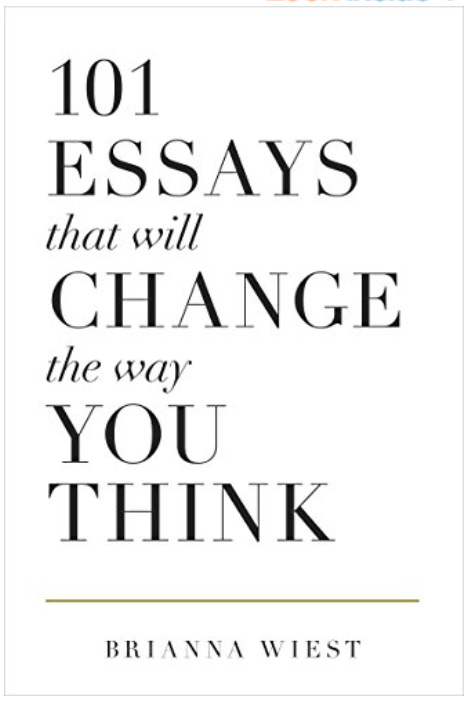During the middle ages, and the Renaissance period there was no orchestra. Fairly small choirs played the music.
But in the middle of the 17th century, the choirs started becoming bigger.
And bigger.
And bigger.
As they became bigger, they started facing a unique problem: who would lead the musicians?
Who would keep them on track and get them to follow the same beat?
Even though the individual musicians would be extremely skilled, the ensemble would not play the music together, and things would sound worse.
Someone was needed to keep track of the beat and help everyone play in harmony.
In 1752, German composer Johann Sebastian Bach recommended that the pianist should play the role of keeping everyone in harmony.
The next year, his colleague Johann Joachim Quantz recommended that it should be the violinist. For a lot of years, the pianist and the violinist wrestled with each other to gain control — sometimes during the concert itself.
It was only in the 1820s, when Louis Spohr changed things. When he was invited to the London Philharmonic Society, he controversially got up with a baton. And just helped the players keep the beat and play in sync. He played no instrument of his own unless it was absolutely required!
Out of all the musicians, Spohr was the most talented. But he considered that instead of playing any instrument, his job was to play the musicians. To get the best out of them.
And that’s what a good conductor does. Gets the best out of his musicians.
And the most important part of his role is played behind the scenes: during the rehearsals where he interprets the music and gets everyone on the same page.
During the concert itself, his main job is to count the beat and keep everyone in sync. To let the musicians know with his gestures what is required of them. His job is to get the best out of everyone.
That’s what, I think, the role of a teacher is too.
From Monday, I am starting the second sprint. Write Your Book In 30 Days. And as a course leader, I will show them the ropes, keeping them in sync, and once they know what they are supposed to do, I will trust them to do well.
Shel Silverstein, an American writer, once said he wants to write books, and poems, make cartoons and write songs and plays and that’s what he did, all his life. They were a bunch of different things. That is what I want to do as well - a bunch of different things.
There used to be a term for it - Renaissance Man - A person with many talents or areas of knowledge. But the modern version of the term is multipotentialite - a person with many interests and creative pursuits.
More and more people feel that being a multipotentialite is their destiny. They have many paths and they want to pursue all of them, either sequentially or simultaneously (or both).
This week I laughed my head off with Ilona Goanos’ post Neither This Nor That.
I know Ilona through LinkedIn. She came into my sphere and we just clicked. A few days ago she wrote on LinkedIn:
Her post made me stop in my tracks.
It suddenly made me realize “aging gracefully” was my purpose when I took up writing. And it was my purpose when I started this newsletter.
The purpose of Ilona’s newsletter is to come to terms with aging from the yogic perspective. The purpose of A Whimsical Writer is to use writing as a medium to express yourself to share your lifelong knowledge with the next generation. Another way to “age gracefully.”
Together we are looking for ways to “age gracefully,” by doing things we always wanted to do and yet knowing and accepting the limitations that come with each passing year.
I totally recommend Ilona’s newsletter The Bliss Beneath. Subscribe to it if you want to follow her journey.
The book I am immersed in this week is Brianna Wiest’s 101 Essays That Will Change The Way You Think.
This book was on my list for a while and finally, I bought it this week. And I am not disappointed. Each essay is little insight. A bite-size piece. There may not be a common thread and at times one thought in one essay might contradict another one in another essay but that is the beauty of this book. But as F. Scott Fitzgerald said:
“The test of a first-rate intelligence is the ability to hold two opposed ideas in mind at the same time and still retain the ability to function.”
If you want to know a bit more about Brianna Wiest, read her interview with Life Goals magazine.
My course Write Your Book In 30 Days is starting from Monday. So excited to work with two equally excited participants to help them realize their dream of writing their books.
I am also very pleased to watch this newsletter growing steadily. I have a goal of taking the subscriber number to 1000 by the end of the year. It is still a far cry but it still can happen.
That’s all from me this week.
If you liked this newsletter, please subscribe to it.






Loved your post!! I learned a new word "multipotentialite" !! I've long embraced the qualities of being a renaissance person but the phrase 'renaissance person' is awkward. I like 'multipotentialite' better! I too am in my mid 50's and want to share more with others... Thank you too for your recommendations! I appreciate you!
Thanks for the deeper dive into orchestra conductors. I didn't really understand what they did, but now you've enlightened me. We could all use a little help to keeping perfect time. Thanks, too, for the shoutout, Neera.